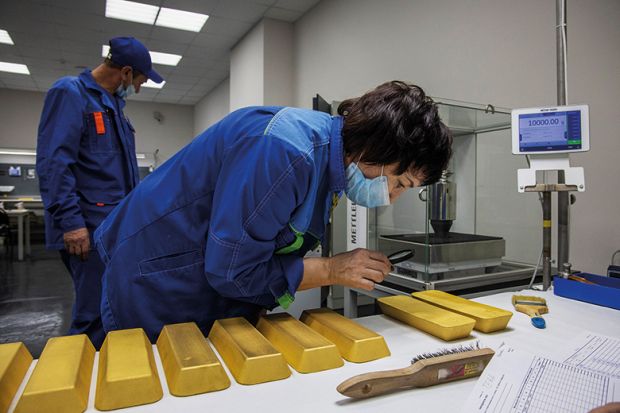Difficulties finding a trusted and independent body to take on the role of assessing quality in English higher education are adding to uncertainty at a time when much about the government’s future approach to the sector remains unclear.
More than a month after the Quality Assurance Agency (QAA) announced that it will relinquish its role as the designated quality body (DQB) in March 2023, discussions are still ongoing over a replacement, with neither the government nor the Office for Students (OfS) providing clarity on the process so far.
Concerns have been raised about how the OfS will be able to continue with its more interventionist approach to quality assurance without the support of the respected QAA, and experts have warned that providers are losing trust in the system.
Any alternative DQB – with the authority to grant providers degree-awarding powers and the university title – would be constrained by the terms set out in the Higher Education and Research Act 2017 that established the position, with private operators likely ruled out by the requirement for the DQB to operate on a not-for-profit basis.
Whoever is appointed must also command the confidence of the sector, while another European agency would likely run into similar issues as the QAA, which was forced to back out as aspects of the OfS’ approach did not comply with European standards.
Given the apparent lack of a suitable replacement body, it is thought that the OfS may seek to bring the work in-house, a move that would require approval from the secretary of state.
But sector figures stressed the need for the DQB to retain independence to protect the principle of co-regulation.
Diana Beech, chief executive of London Higher and a former adviser to Conservative universities ministers, said the situation was adding to the “uncertainty that universities and colleges will be feeling as they prepare to start the new academic year”.
She pointed out that England will soon get a new prime minister, Cabinet and OfS chief executive, leaving the future direction of higher education policy “unclear”.
“To regain trust in the system, an independent successor body must be appointed urgently – ideally one which commands the trust and respect of institutions, students and employers,” Dr Beech said.
“This will minimise the risk that the concept of quality gets distorted according to any future government’s whims and will keep everyone focused on providing a high-quality academic experience that empowers students and meets the practical needs of business and industry.”
Gordon McKenzie, the chief executive of GuildHE, said it was “very hard to imagine” who could fulfil the DQB role after the QAA, adding that he felt it was “deeply disappointing that we've ended up here”.
He said a key reason his organisation had supported the legislation that established the DQB was that ministers had committed to the principle of co-regulation and had recognised the importance of having a designated quality body that was “independent of government and had the confidence of HE providers”.
An immediate worry, according to Mr McKenzie, was what would happen to the institutions that were in the process of applying for degree-awarding powers.
“I would want assurance that whatever solution is found doesn’t result in delays or changes in process that place extra cost and burdens on institutions,” he said.
Universities UK said it was continuing to take part in discussions with the OfS about a future DQB but there was no further update at this time.
Register to continue
Why register?
- Registration is free and only takes a moment
- Once registered, you can read 3 articles a month
- Sign up for our newsletter
Subscribe
Or subscribe for unlimited access to:
- Unlimited access to news, views, insights & reviews
- Digital editions
- Digital access to THE’s university and college rankings analysis
Already registered or a current subscriber?








